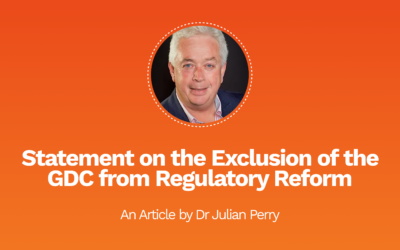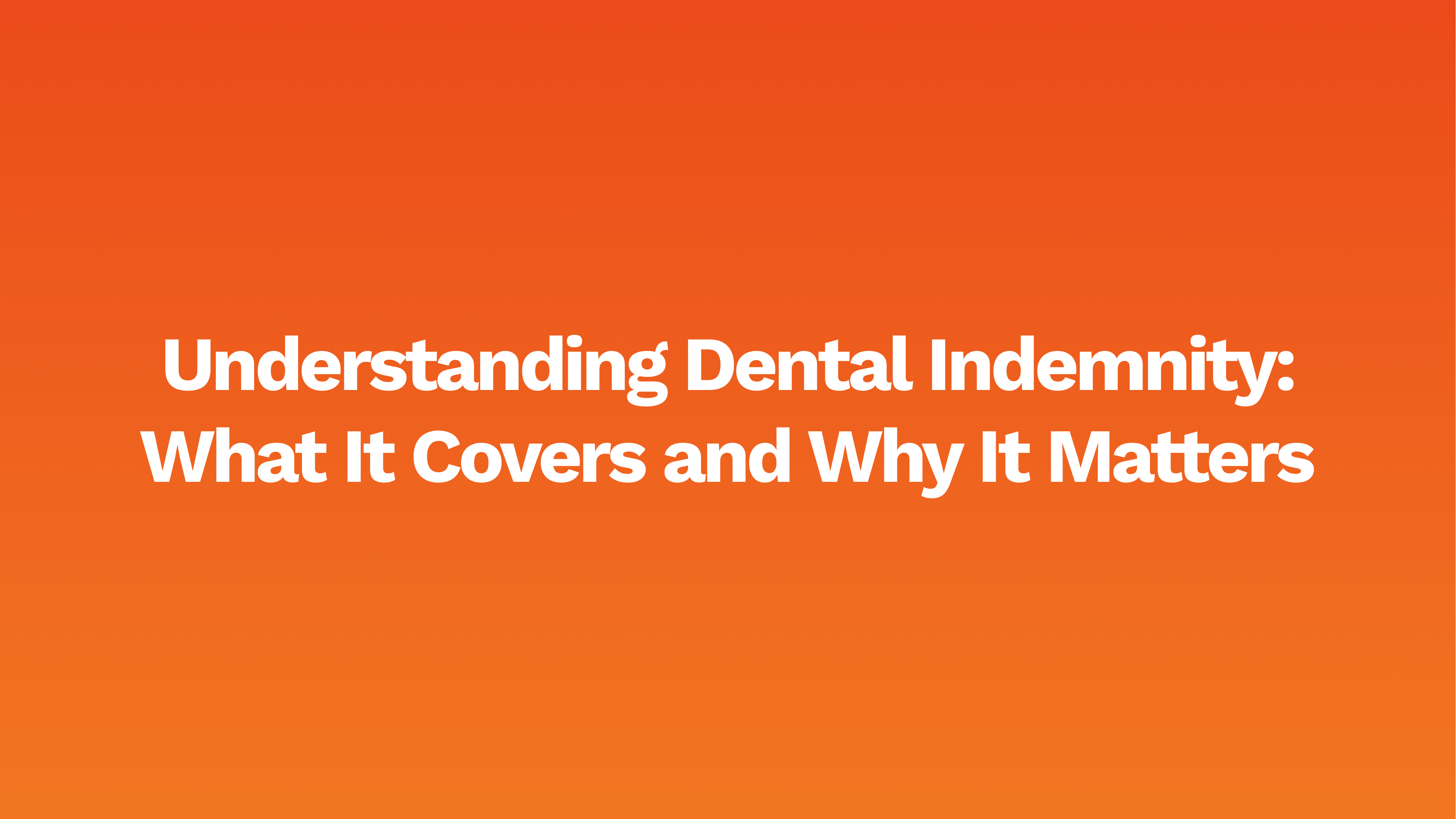All dentists occasionally run into trouble. Commonly, it is an allegation about attitude. But many issues arise about the treatment provided, complications arising afterwards, costs, and the options for treatment. Sometimes, however, a problem arises that you could not forecast.
Scenario
Mr S, a 44-year-old professional man, new to the practice, entered the surgery and sat down. The medical history was unremarkable, and the patient was suffering no dental symptoms. He was pleasant and chatty.
The dentist, Dr H, undertook a thorough examination of the hard and soft tissues and two bitewings. When complete, he started to explain his findings. ‘The condition of the gums is very good, and the oral hygiene is excellent. But you have seven cavities that need filling,’ said the dentist. Mr S’s brow furrowed. ‘What!’ he said. ‘I have been seeing my previous dentist for the last 10 years. At the last appointment he told me nothing needed doing’.
The conversation became difficult as Mr S clearly tried to assess whether his previous dentist was incompetent or whether the new dentist was money grabbing by ‘inventing’ fillings to do.
As an aside, this is not a situation in which you should find yourself. Question any new patient about their previous dental experience, particularly with the last dentist. Remember that the former dentist may have been aware of small cavities, or fillings that were of poor quality but adequate. He or she may elect to ‘watch’ the teeth, perhaps even for some years.
Alternatively, the patient may not have been seen recently or may have been an unreliable attender or declined fillings. Perhaps he had not had any X-rays for some years. You don’t know.
Mr S was annoyed, terminated the consultation and left the practice. Dr H received a letter of complaint 10 days later, accusing the dentist of profiteering.
Advice and support
In such a situation, it is essential to obtain defence organisation assistance. A dentolegal adviser will help you to compose the response to the patient. Of course, no two letters are the same, but it is wise to avoid, if possible, being critical of the previous dentist for reasons including those listed above.
Opinions commonly vary about the need to restore or simply to observe occlusal lesions and old edgy amalgam fillings. It is worth explaining the disparity of view to try to avoid the patient pitting you against the previous clinician.
If there are X-rays showing the presence of caries, then you should explain that to the patient with an offer to show them the pictures at a future appointment. Import copies of the X-rays into the letter to support your advice.
A patient may feel similarly upset when you diagnose active and previously undiagnosed periodontal disease.
Again, the reasoning behind your diagnosis and proposed treatment options can be validated with reference to your recorded indices and radiographic findings. On occasion, the patient may find themselves confronted with new knowledge of quite advanced disease and bone loss and an empathetic tone can help the patient to feel supported.
As with many complaints, the best outcome is achieved when the patient accepts your offer to meet with them again. This way you can discuss their concerns in person. Perhaps with the support of a practice manager.
If a patient is open to this, it can result in a good relationship with a new patient. An open and non-defensive response can become a great practice builder.
Author: Diane Bastian



